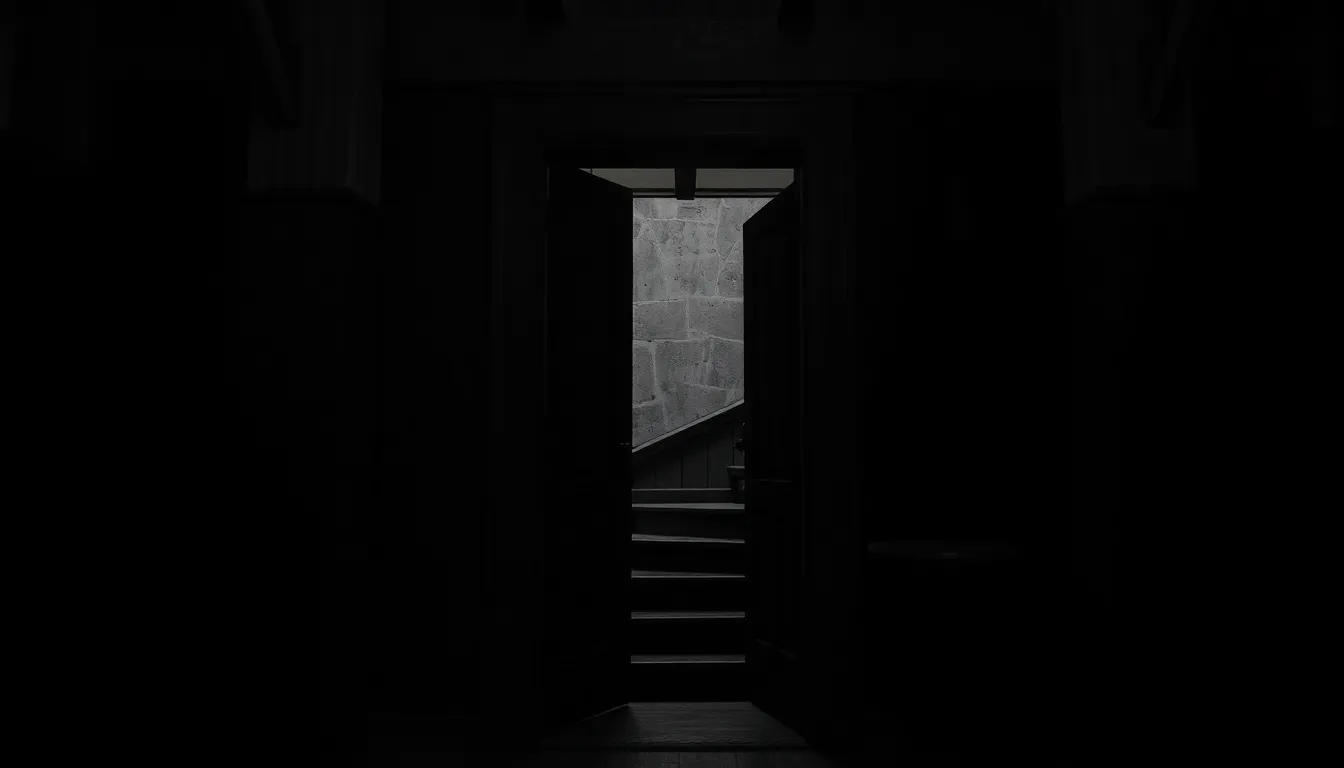In the midst of World War II, a young girl named Anne Frank hid away in a secret annex, penning her thoughts and dreams in a diary that would captivate the world. But how did this remarkable story come to light? It’s a tale that’s both heartbreaking and intriguing, revealing the unexpected twists of fate that led to the discovery of Anne and her family.
Imagine living in a cramped space, hoping for freedom while the world outside is engulfed in chaos. The moment of discovery wasn’t just a turning point for Anne; it marked a significant moment in history. Dive into the events that unfolded that fateful day and uncover the details that brought Anne’s poignant words into the hands of millions. You might just find yourself inspired by the resilience of the human spirit.
Table of Contents
ToggleBackground of Anne Frank
Anne Frank’s story unfolds in a historical context of turmoil and oppression. Her experiences during World War II and their lasting impact resonate deeply.
Early Life and Family
Born on June 12, 1929, in Frankfurt, Germany, Anne Frank came from a Jewish family. Otto Frank, her father, and Edith Frank, her mother, provided a loving environment. Margot, her older sister, completed the family. In 1933, the rise of the Nazi regime prompted the Frank family to relocate to Amsterdam, seeking safety and a better life. Jewish life took a drastic turn in the Netherlands, with increasing restrictions and danger. Anne’s passion for writing developed early, influenced by her love for literature. As tensions escalated, her childhood innocence began to clash with the harsh realities of life.
The Secret Annex
The Secret Annex became a refuge for Anne and her family, hiding from Nazi persecution. Located behind Otto Frank’s business, the annex offered concealment but limited space. Alongside her family, four others sought shelter: Hermann van Pels, his wife Augost, and their son Peter. Life in the annex was marked by fear, uncertainty, and the challenges of cramped living quarters. Anne documented her thoughts and feelings, keenly observing the world beyond the walls. The diary emerged as her outlet, capturing both the struggles and hopes of their concealed existence. Despite the dire circumstances, Anne’s spirit remained unbroken, offering profound reflections on humanity.
The Discovery of the Annex

The discovery of the Secret Annex marked a pivotal moment in history, leading to the tragic fate of Anne Frank and her family.
The Role of the Gestapo
The Gestapo, Nazi Germany’s secret police, played a crucial role in the discovery of the annex. On August 4, 1944, they conducted a raid based on a tip-off about the hiding place. Members of the Gestapo entered the building, thoroughly searching for anyone in hiding. Arresting eight individuals, they rounded up Anne, her family, and four others. Their actions signified the oppressive regime’s relentless pursuit of Jews during the Holocaust.
Key Events Leading to the Discovery
Several key events preceded the raid on the annex. Increasing tensions in Amsterdam made hiding more precarious. A series of betrayals led to growing fears among the residents. Low food supplies created desperation, forcing Anne’s father, Otto Frank, to send someone out for provisions. This quest possibly caught the attention of onlookers, raising suspicions. Ultimately, a tip-off served as a catalyst for the Gestapo’s search, culminating in the tragic discovery of the annex.
Accounts from Witnesses
Witnesses provided crucial insights into the events leading to Anne Frank’s discovery. Their accounts paint a vivid picture of that tragic day.
Testimonials from Survivors
Survivors of the Holocaust shared their memories. One individual, who lived in the area, described hearing commotion coming from the annex. Others recounted feelings of fear and despair as they witnessed the Gestapo raid. The testimonies highlight the sense of community and the risks faced by those hiding and helping Jews during this dark time. Unique perspectives from survivors illuminate the emotional weight carried by those who remained in Amsterdam, grappling with uncertainty while Anne and her family concealed themselves from the Nazi regime.
Insights from Historical Documents
Historical documents shed light on the circumstances surrounding Anne’s arrest. Records indicate that the Gestapo acted on a tip-off. Invoices from that period suggest that Otto Frank sought food supplies, potentially attracting attention to the annex. Investigative files contain details about the search, revealing how the authorities conducted their operations. Analysis of these documents reveals not only the procedural aspects of the raid but also the broader impact of war on everyday life. These insights underscore the chilling reality of the Holocaust, where the simplest actions carried dire consequences.
The Impact of the Discovery
The discovery of Anne Frank and her family marked a tragic turning point during the Holocaust. It exposed the brutal reality of persecution faced by Jews under Nazi rule.
Consequences for Anne Frank and Her Family
After the Gestapo raid, Anne and her family faced immediate detention. They were sent to Auschwitz, and later, to Bergen-Belsen, where Anne died in March 1945. Life in the concentration camps stripped away any remaining hope, leading to the loss of her vibrant spirit and her family’s dreams. Otto Frank, the only survivor, bore the immense burden of their fate, carrying not just his grief but also the weight of unreleased stories found in Anne’s diary. The diary eventually became a symbol of the suffering endured by millions during this harrowing period.
Broader Historical Implications
The annex’s discovery spotlighted the broader implications of the Holocaust on global awareness. It underscored the urgency for human rights protections and remembrance for victims. Anne’s diary, published in 1947, deeply influenced perceptions of the Holocaust, educating people about the atrocities. Historians cite this moment as pivotal in rallying efforts against discrimination and genocide. Memorials dedicated to Anne Frank serve to honor not only her memory but also to illuminate the dangers of silence amidst persecution.
The discovery of Anne Frank and her family marked a heartbreaking chapter in history. This event not only led to the tragic fate of these individuals but also served as a catalyst for global awareness about the Holocaust. Anne’s diary continues to resonate as a powerful testament to resilience and the human spirit amidst unimaginable adversity.
Her story remains a poignant reminder of the importance of tolerance and the need to confront persecution in any form. As the world reflects on Anne’s legacy, it underscores the ongoing fight for human rights and the necessity of remembering those who suffered. Through her words, Anne Frank lives on, inspiring generations to stand against injustice.

